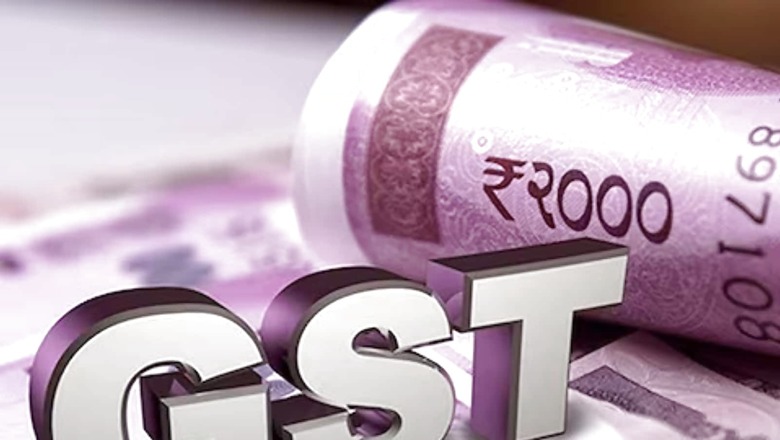
views
India will not overhaul its Goods and Services Tax (GST) regime in the next fiscal year, a senior official said on Monday, delaying a move it has been considering for more than a year to simplify its tax structure and reduce the burden on consumers, reported Reuters. In 2017, the government introduced five tax rates for GST, bringing numerous state taxes under one roof. They range from 0 per cent to 28 per cent. In 2021, the central government considered overhauling the tax by merging two of the tax rates and reducing the levy on a host of items. Some have even criticised the five-year-old regime for having too many tiers.
In a chat with the news agency, Revenue Secretary Sanjay Malhotra said that currently, they are just looking to maintain stability in tax rates, “a stable tax regime.”
“Minor changes will always be there… major taxation change like a merger of tax rates, we are not contemplating in 2023/24,” he added.
The Revenue Secretary also mentioned that the government would ultimately want to have fewer tax bands but did not give a timeline.
“We would want fewer tax rates, fewer disputes…that is certainly the goal to have fewer rates… and there may be scope to reduce tax slabs… that may be done in some point in time, but not now,” he stated.
The official also said that the central government is looking for measures to simplify its taxation structure for custom duty which is not included in the GST regime by lowering rates.
The government also took away a 5 per cent concessional tax rate for foreign portfolio investors (FPIs) on the interest income from debt security. The official cleared that the investors will not be adversely affected by the move.
He mentioned that India signed tax treaties with most of the countries which need FPIs to pay a 10 per cent tax on interest earned from government securities and corporate and foreign currency bonds against the 5 per cent tax applicable earlier.
“Giving a lower tax rate will not help many of the funds because they would be required to pay taxes in their own countries. And to the extent of taxes, they pay in India, they get a higher setoff in their country,” the Revenue officer added.
Union Finance Minister Nirmala Sitharaman presented this year’s budget last week, projected 12 per cent growth in net GST collection for the federal government. For the current fiscal year, the Centre is aiming to collect Rs 8.54 trillion.
Read all the Latest Business News here




















Comments
0 comment